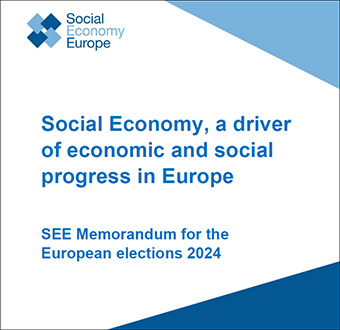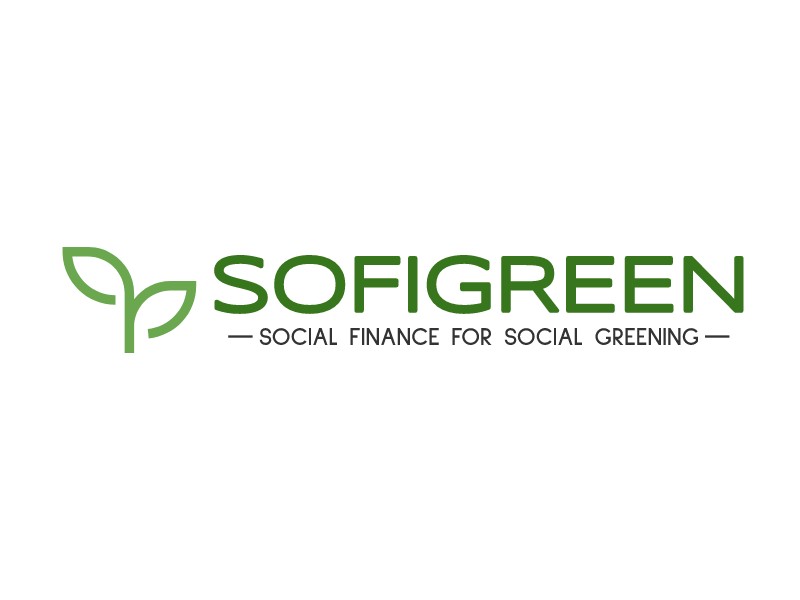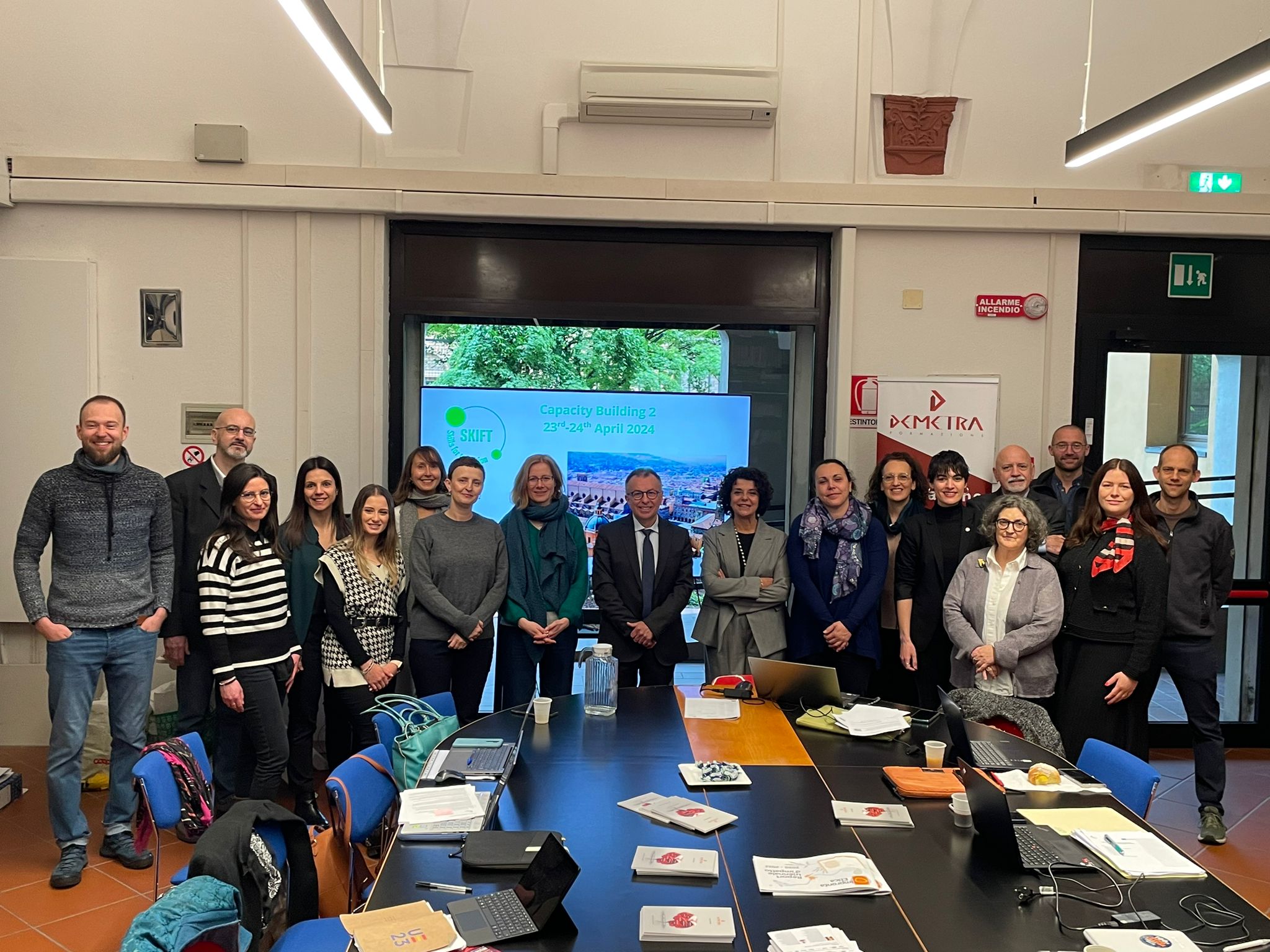
Milestone for the recognition and promotion of the social economy at international level: On 18 April 2023 the United Nations General Assembly adopted, for the first time in its history, a resolution on the social and solidarity economy entitled “Promoting the Social and Solidarity Economy for Sustainable Development” (A/77/L.60).
With the resolution, the UN acknowledge the important role of the social economy in achieving the Sustainable Development Goals as well as in promoting social justice and democracy. In the document, social and solidarity is defined as “enterprises, organizations and other entities that are engaged in economic, social and environmental activities to serve the collective and/or general interest, which are based on the principles of voluntary cooperation and mutual aid, democratic and/or participatory governance, autonomy and independence and the primacy of people and social purpose over capital in the distribution and use of surpluses and/or profits, as well as assets, that social and solidarity economy entities aspire to long-term viability and sustainability and to the transition from the informal to the formal economy and operate in all sectors of the economy, that they put into practice a set of values which are intrinsic to their functioning and consistent with care for people and planet, equality and fairness, interdependence, self-governance, transparency and accountability and the attainment of decent work and livelihoods and that, according to national circumstances, the social and solidarity economy includes cooperatives, associations, mutual societies, foundations, social enterprises, self-help groups and other entities operating in accordance with the values and principles of the social and solidarity economy”.
The resolution calls invites Member States, amongst other elements, to create conducive legal frameworks for social economy development, to facilitate access to financial services and funding or to stimulate capacity-building and the integration of social economy in education curricula and research.
Concerning the relationship between public authorities and the social and solidarity economy, the UN resolution encourages the former to “provide public procurement incentives” and to consider participation of social and solidarity economy actors in policymaking processes.
A future report by the UN Secretariat General – prepared in collaboration with the United Nations Inter-Agency Task Force on Social and Solidarity Economy – is to provide information on the implementation of the resolution.
Read more here.
Read More
European Elections: Help us mobilising (future) MEPs to keep social economy on the EU policy agenda
The European elections are approaching. Their outcome will decide on the direction the EU will…
REVES Annual Meeting 2024: Focus on inter-cooperation between different (social economy) actors and municipalities
REVES Annual Meeting 2024: Focus on inter-cooperation between different (social economy) actors and municipalities REVES…
OPEN CALL: POSSIBILITY FOR MICRO&SMALL SE ENTERPRISES TO RECEIVE FREE ADVISE AND COACHING ON GREEN TRANSITION-RELATED TOPICS
The SKI.F.T call for proposals is now open! Micro and small social economy enterprises…
GREENING OPPORTUNITY FOR SEEs
the SOFIGREEN call for proposal for SEEs operating in France, Italy and Spain is now…
 Docs
Docs  Support
Support 






